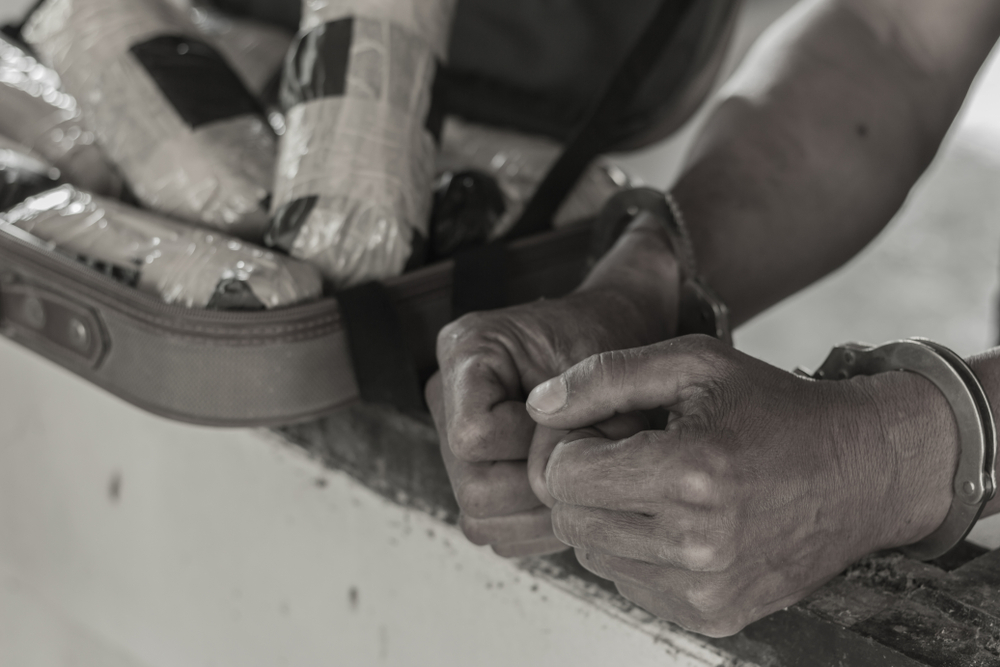
A bipartisan coalition of Congress members recently launched an effort to combat transnational trafficking.
The Counter-Trafficking Initiative is designed to explore and expose the breadth and reach of transnational trafficking networks and their illicit finances.
“Whether it’s human beings, drugs, or illegal weapons, the criminals who commit these horrors are engaged in activities that threaten the men, women, and children in our communities,” Rep. Emmanuel Cleaver (D-MO) said. “I’m proud to lead this HFSC Trafficking Initiative with my colleague, Rep. French Hill, in the HFSC National Security, International Development and Monetary Policy Subcommittee. Together, we will work with fellow Members to better understand the similarities and differences among trafficking networks so they can be better exploited by law enforcement, NGOs, financial institutions, and others who are combating this threat.”
The initiative is spearheaded by Cleaver, chairman of the Financial Services Subcommittee on National Security, International Development, and Monetary Policy. It also includes Reps. Maxine Waters (D-CA), French Hill (R-AR), and Patrick McHenry (R-NC).
“Trafficking is a national-security threat and often violates human rights and dignity,” Waters, the Financial Services Committee Chair, said. “The House Financial Services Committee is committed to exposing these bad actors and the people who make it possible for trafficked goods and their illicit proceeds to evade detection.”
The Subcommittee held a hearing this week entitled “The Traffickers’ Roadmap: How Bad Actors Exploit Financial Systems to Facilitate the Illicit Trade in People, Animals, Drugs, and Weapons.” It featured commentary from transnational criminal organization (TCO) experts on narcotics, human, wildlife, and weapons of mass destruction (WMD) trafficking. The focus was on examining the similarities found across the transnational trafficking networks, including the supply chains, facilitators, and finances.
“Trafficking—of any kind—has no place in our society,” McHenry said. “We know criminal enterprises and terrorists are taking advantage of the global financial system to deal in these dark markets. From abhorrent human trafficking to the illicit drug trade that fuels the opioid epidemic in our nation, trafficking is putting American lives at risk. We need to better understand the business models, including financing, used by these bad actors in order to stop them.”
Future hearings will focus on analysis of business models to examine the structure and financing of human trafficking and narcotics trafficking networks, the outflows of proceeds through trade-based money laundering (TBML), and bulk cash, counterfeiting, and data trafficking.
“For the first time in almost 30 years, there was a decline in the number of American opioid-related overdose deaths,” Hill said. “Unfortunately, this was not the case in Arkansas. Overdoses are rising across our state and fentanyl continues to be a growing threat in our communities. Drug smugglers and human traffickers often abuse our financial system. Enacting policies to strengthen national security is one of the best ways to combat all types of trafficking.”
Committee members will continue to engage with experts on the issue throughout the year to develop legislation that tackles this ongoing threat.




